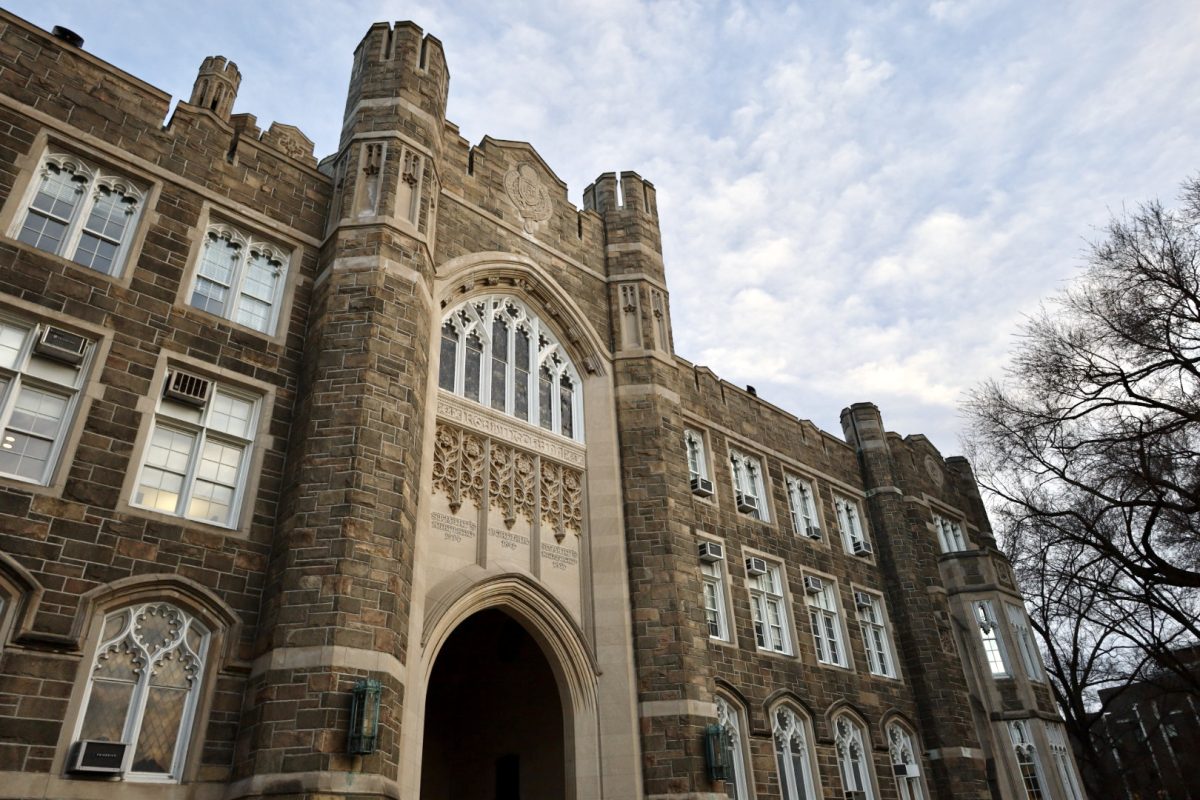Fordham University recently hired Sam W. McGrath to teach a new course titled Philosophy of Artificial Intelligence (AI). McGrath will be the inaugural professor of this course and will serve as an assistant professor in the philosophy department.
McGrath earned his Bachelor of Arts at the University of Chicago before pursuing a Master of Philosophy at Trinity College Dublin. His research interests include artificial intelligence, analytical philosophy and cognitive science, according to his website.
“The rise of AI has placed many perennial philosophical questions — questions at the heart of a liberal arts education, and of Fordham’s intellectual mission — at the center of today’s cutting edge academic debates,” McGrath said in an email to The Fordham Ram. “My aim is to help put Fordham students in a position to contribute to and advance these crucial discussions.”
Stephen R. Grimm, professor and chair of philosophy, shared what it means for Fordham to begin hiring professors with this type of specialization.
“Jesuit universities have always been at the cutting edge of conversations about what it means to be fully human, how to live a flourishing life, and how to serve those in need,” Grimm said in an email to The Fordham Ram.
He noted how the presence of AI encourages universities to think deeper about these questions.
“From a spiritual or religious point of view, it should also cause us to be more reflective about what it means to be made in the image and likeness of God,” said Grimm. “Thinking about both the extraordinary powers and the limits of AI systems should inspire us to think more deeply about this ‘imago die’ claim, which is at the heart of the Catholic tradition.”
Hiring McGrath also aligns with the Fordham Philosophy Department’s current academic direction and goals, according to Grimm.
“Fordham wants to be the first choice for students who want to make a difference in the world,” Grimm said. “And the contemporary world will be shaped by AI in ways that are now hard to fathom.”
Grimm said further that philosophers need to play a role in the conversations on AI and society.
“I think philosophers have some of the best developed and most carefully explored views on what it means to be conscious, or to be morally responsible, or to have agency, or free will, or be a friend, or to have beliefs or understanding,” he said. Conversation and thought pertaining to these issues will be essential for the development of modern philosophy, according to Grimm.
McGrath’s goal is to educate students on AI in established courses at the university.
“There are many places where engaging with AI systems themselves may be helpful to students — for example, if curious to learn more about a topic that arises in class, I encourage students to pursue it further by debating, in Socratic fashion, with ChatGPT or Gemini,” said McGrath.
McGrath believes it is important to offer new class options related to the philosophy of AI. As a graduate student at Brown University, McGrath taught a course about the intersection between AI and philosophy, focusing on theoretical and ethical implementations of the software. Next semester, he will be teaching a course titled Technology and Values.
Students should browse the course catalog to learn more about new course offerings in the philosophy department.






































































































































































































